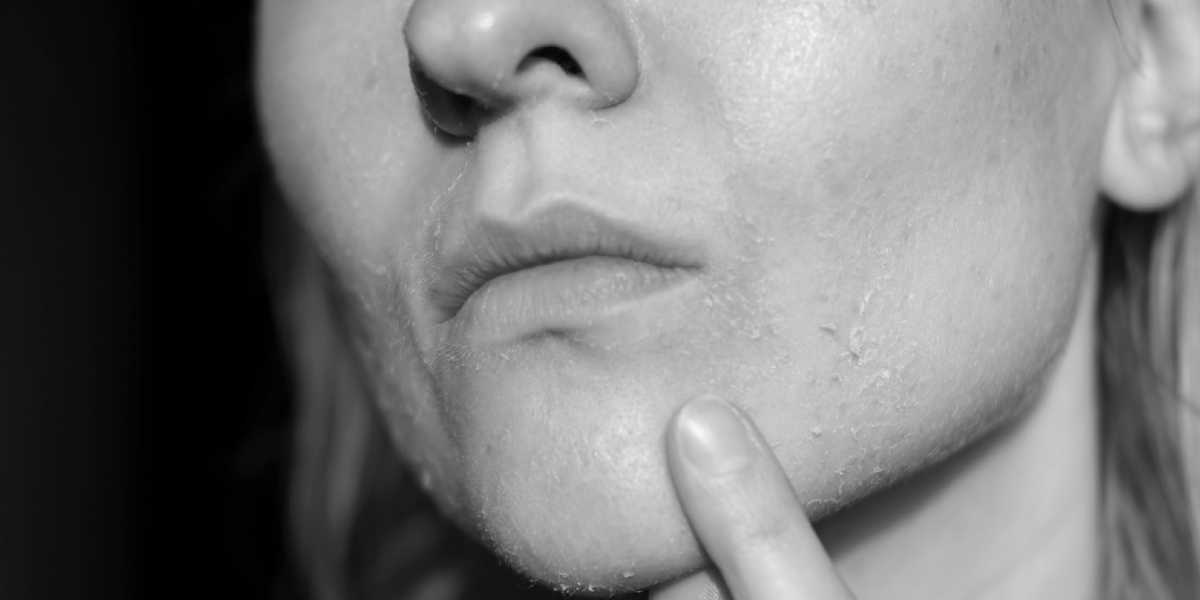Published Nov 17, 2025 | 7:00 AM ⚊ Updated Nov 17, 2025 | 7:00 AM

Synopsis: At the second edition of the Dakshin Health Summit, experts linked chronic stress to accelerated ageing via cortisol spikes, belly fat, and melatonin suppression. They advocated pranayama, timed sleep/meals, gene-based chronotype testing, mindfulness, strength training, and social bonds for longevity. Meanwhile, wellness retreats and epigenetic tools can offer personalised resets, proving low-tech habits trump high-tech gadgets for lasting youth.
Stress isn’t just affecting mental health—it’s directly accelerating physical aging through a cascade of hormonal disruptions that show up as belly fat, sleep disturbances, and visible ageing, according to experts at the second edition of South First’s Dakshin Health Summit.

The second edition of the Dakshin Health Summit 2025 was held at the Asian Institute of Gastroenterology in Hyderabad on Sunday, 9 November.
At the panel discussion on ‘Skin Health & Ageing’ held at the Asian Institute of Gastroenterology (AIG), Gachibowli, on Sunday, 9 November, medical professionals outlined how stress management, coupled with emerging technologies like gene-based chronotype testing, forms a crucial pillar of longevity medicine.
Dr Malavika Kohli, senior dermatologist and director of Skin Secrets, Mumbai, who moderated the discussion, explained the physiological cascade triggered by stress.
“What we know is that with stress, your cortisol levels go up, and that increases your belly fat. As the cortisol levels rise through the day, it actually suppresses melatonin secretion in your body. Because melatonin is low, your sleep suffers—especially if you don’t make an effort to go to bed at the right time.”
She outlined a potential solution: “If you cut down your day at a particular time so cortisol can naturally fall, your melatonin will rise and you’ll have better sleep. But if you don’t, then you may need help—that’s where melatonin supplements play a role by bringing those levels back up to compensate for what stress depleted during the day. Stress management is very, very important, and it’s one of the major factors because it increases visceral and belly fat.”
Dr Kalpana Sarangi, consulting dermatologist and HoD at Nanavati Hospital, Mumbai, emphasised traditional practices: “I tell my patients that for stress management, deep breathing, yoga, and meditation are essential.”
Dr Lakshmi Lavanya, an endocrinologist and diabetologist from Hyderabad, provided the physiological explanation: “The sympathetic and parasympathetic systems balance very well with these practices. The vagus nerve and parasympathetic activity need to be balanced. So many subtle endopeptides and happy hormones—endorphins, GABA, dopamine—are released with breathing exercises. Nitric oxide increases with nadi shodhana.”
Dr Lavanya described contemporary lifestyle challenges: “These days, because people wake up too late—thanks to internet use, gadgets, and continuous work—sleep cycles are completely disturbed. We are timeless and spaceless now. It’s like being in a permanent jet lag. Even if people get seven hours of sleep, it’s anti-nature because the timing is wrong.”
She extended this timing concern to eating habits: “Even when we eat well, we are not eating correctly. When are we eating? How are we eating? Why are we eating? How much? These questions come from mindfulness and heartfulness.”
Dr Lavanya emphasised the importance of internal awareness: “Mindfulness helps us look within and connect with inner peace. Without it, we can’t say no even to a cup of coffee a friend offers. It requires a high level of mindfulness, attention, and affection towards your own self.”
Dr Kohli spoke about the growing popularity of intensive wellness programmes: “All these wellness spa centres—so many of them have mushroomed in our country. They offer 7-day, 10-day, 2-week, even 3-week plans, and they’re incredibly popular. What they make you do… I’ve found that if you follow these programmes for about 10 days to 2 weeks—I’ve been twice myself—they’re quite transformative. They help you drop many bad habits, and some that aren’t just bad but are simply chronic, like coffee. They reset your sleep cycle. This is why wellness is the next big thing for aspirational India and New India.”
Mrinal Pandit, head nutritionist at Oliva Skin Hair and Body, Hyderabad, introduced a cutting-edge approach to personalised wellness: “On the same line—when she said food needs to be eaten at a certain time—with gene-based diets we can now know these things precisely. There’s something called a ‘chronotype’. When it’s tested, we get to know if someone is a morning person or an evening person.”
She explained the practical implications: “Usually, we tell people not to eat carbs at night, or to sleep by 10, or to exercise at a certain time. But gene testing shows whether you’re naturally built for morning or evening routines. For a morning type, the first meal should be at 8 am and the last by 6 pm. Exercise should be in the morning and rest in the evening.”
Pandit revealed a crucial insight: “If you work against this, it creates inflammation. That’s why some people who eat well, exercise well, and sleep on time still can’t lose weight—they might be evening types doing everything against their biological clock. Genes tell you these things clearly, instead of guesswork.”
Dr Kohli highlighted emerging technologies: “Epigenetic testing is here, and it’s making a huge impact. I just learnt that a startup has a very good kit, and there are others in Bangalore and elsewhere. We should start using these if we want to understand our patients better—though of course, as a physician, your intuition also plays a big role.”
Dr Kohli connected exercise to the broader longevity picture: “Dr Maya talked about exercise—the key as you age is to maintain resting muscle tone. If you maintain muscle tone, you maintain metabolism. With good metabolism, you burn more calories, reduce the risk of joint ageing, and release endorphins. It’s all part of the longevity cycle, along with managing muscle ageing.”
Dr Sarangi specified nutritional requirements: “Besides being active to maintain muscle, you need strength-training exercises for longevity. And in nutrition, protein intake should be at least 1 to 1.2 grams/kg of body weight.”
Dr Sarangi revealed an often-overlooked longevity factor: “Two things are very important for longevity: one is social connection—nurturing relationships and staying in touch with people. It’s seen that when children spend more time with their ageing parents, the parents’ longevity increases.”
She added: “Keep your mind active by doing some activity or hobby that stimulates you and keeps you engaged—which is why we’re all here.”
Dr Kohli concluded by addressing the array of modern wellness technologies: “EMS or muscle-ageing technologies are very interesting. And of course, today there are all kinds of biohacking devices—we can discuss them another time. They’re not necessary in a clinic. To sum it up, you can take a high-tech approach or a low-tech approach. The low-tech approach is everything we’ve discussed today—and that is what truly needs to be implemented.”
The summit’s message on stress and ageing was multifaceted: whilst cutting-edge tools like chronotype testing and epigenetic analysis offer personalised insights, the fundamentals remain timeless—managing cortisol through proper sleep timing, practicing mindfulness, maintaining social connections, building muscle mass, and aligning lifestyle choices with natural biological rhythms rather than against them.
(Edited by Amit Vasudev)

